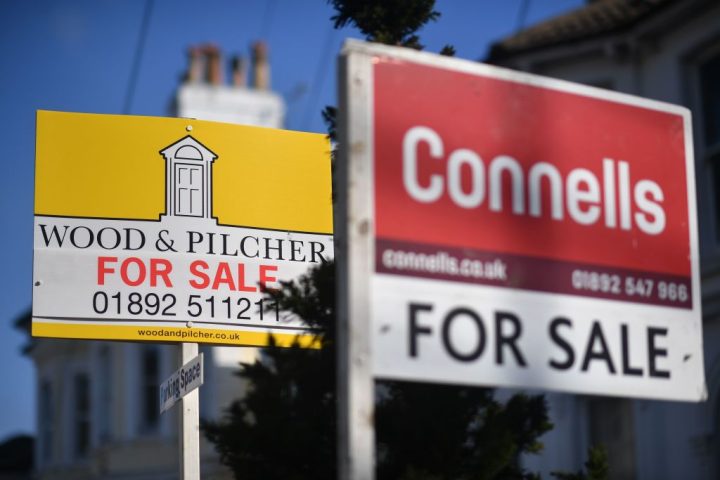‘We’ve had 30 years of vested interests standing in the way of change,’ Rishi Sunak declared in his conference speech in Manchester. Now he has chance to prove that he intends to do something about it.
Back in May, it was reported that Sunak himself had squashed Michael Gove’s proposals for banning new leasehold properties – which Gove had described as a ‘feudal’ system of tenure. They remain a money-spinner for the freehold owners of blocks of flats, many of whom are offshore-registered companies.
There are millions of leaseholders in urban constituencies where the government needs to stop Labour proliferating
Leaseholders are constantly complaining of being overcharged for service charges – something which has intensified after the cladding scandal, with leaseholders often finding themselves on the hook. Some leaseholders have discovered too late that their ground rent doubles every 10 years – stinging them for a fortune after a few decades. Government has frequently promised to intervene, yet proposals have often been watered down after lobbying from powerful freehold owners.
But now it appears there will be some substantial reform to leasehold in the King’s speech after all. While it will stop short of banning all leaseholds – new flats will still be allowed to be sold under the system – it is supposed to include significant reforms for the benefit of those buying them, with more protection from exploitation over ground rent and service charges.
But will the government really try to do as the Sunday Times reported yesterday and ‘cap existing ground rents at so-called “peppercorn rates”’? A peppercorn rent is one that is so insignificant as to be effectively zero. One of the reforms the government has successfully introduced is to ban service charges on new-build blocks of flats. Yet for existing leaseholds? That would please a great number of leaseholders but deprive freeholders of a vast source of income, and would certainly lead to a challenge in the courts.
There are several fundamental problems with buying leasehold. Firstly, it is not really property ownership at all. A lease is just a long rental contract, which can be bought and sold. But it is a rental contract with a difference: the leaseholder is bound in most cases to pay for repairs and maintenance of the building – which in the case of short tenancies is the responsibility of the landlord.
Worse, if the leaseholder has any problem with the cost of maintaining the building and wants to challenge the freeholder they will find themselves paying the freeholder’s legal costs. There are rights for leaseholders to club together and either buy the freehold or seize the ‘right to manage’ the block in which they live. But it is very difficult to take advantage of these rights. A typical large block might have a hundred or so flats. To trace all the owners and organise them to exercise the right to buy their block in the time allowed is a huge barrier.
This problem could be solved through simple reform. What the government could do is pass a law requiring all freeholds to be constituted as private limited companies, and then invite leaseholders individually to buy a share of the building in which they live, at a value determined by an external valuer. That would allow any leaseholder quickly and easily to become a freehold owner – and the exploitation to cease.
But whatever does appear in the King’s speech, the Prime Minister must appreciate which side his bread is buttered. There are millions of leaseholders, concentrated in urban constituencies in which the government needs to stop Labour proliferating. If it really did abolish ground rents for existing leaseholders, or came up with other ways of making life less of a misery for flat-owners, it would have achieved something which made it worthy of re-election. On its previous record, though, I can’t help suspecting that what we actually get will be a disappointment.







Comments